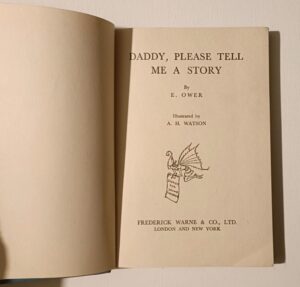Media Conditioning and Mass Psychopathy : The Pond of Garlasco
A toxic crusade following a caravan of insane cowards, enemies of themselves. Celebrating our escape from Italy like in the first scene of Star Trek Into Darkness, we had to go there, to defend a pond…
Authored by Harkonnen’s Editorial
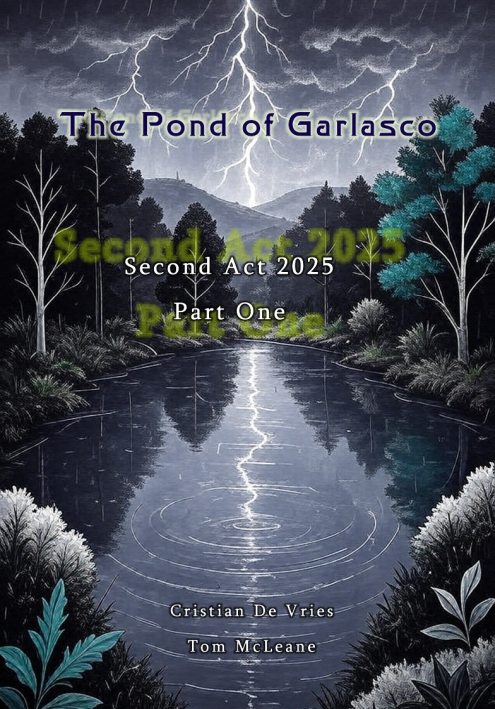
In an era where true crime podcasts and documentaries churn out endless speculation like factory smoke, “The Pond of Garlasco: Second Act 2025 – Part One” by Cristian de Vries and Tom McLeane stands as a defiant outlier—a searing indictment not of the crime itself, but of the societal rot that allows media vultures to feast on resolved tragedies. Drawing from the infamous 2007 murder of Chiara Poggi in the sleepy Italian town of Garlasco, this book isn’t another whodunit; it’s a who-dares-to-exploit-this manifesto. De Vries and McLeane, an unlikely duo of a sharp-tongued Italian observer and a reluctant English co-author, plunge readers into the murky depths of a “pond” disturbed anew in 2025, exposing how Italy’s media machine turned judicial closure into a profitable circus.
Cristian De Vries: “It would be nice to tell the backstage story of this book, and it would take another book just to tell the story behind the story of the book, perhaps in the Second Part of the book next year, if we are still alive, and if we ever publish anything again about Italy and Italians. Anyway, this time not all other authors and producers participated in production, busy with other campaigns, and this shortage of staff, combined with the prolonging of the agony of this Second Act of 2025 on Garlasco, pushed us adrift for months, now hopefully well spent on the book. Italy is a heavy country, as well as dangerous, as Tom says, where the majority of people create ‘movies in their heads.’ The provincial people are truly ill, but the city dwellers are worse off. The new generations who absorb these madnesses promoted by the Media Cartels will certainly not offer productivity to a society whose workers are about to be replaced by machines. Yes, Italy is a place where people are enemies to themselves and in perpetual conflict with those who cannot impress them with documents or relevant abuses; a place where lawyers can commit rampant TAX EVASION while moonlighting as professors and full-time lawyers, getting paid under the table, and then managing criminal associations using false ‘trusted’ witnesses chosen from their personal contact lists—not in Pavia, not in Garlasco… but from Pantelleria to the Alps. Ignoramuses. When I walk in Italy, I feel held back… it is the abstract mud in which an entire society wallows; at first I thought it was a problem of gravitational forces, then I understood. Returning to the book, it is certainly not material that someone with less than a Master’s in Foreign Literature could read to understand. Lol. There is something subtle and sharp in the book’s narrative that repeatedly and prolongedly strips away the skin, an effect of suffering that we wanted to inflict on the wicked people who deserve nothing.
In short, it might be difficult for people not used to reading to understand, but we have done our best to be as clear as possible, explaining our thoughts better and more coherently than the hundreds of charlatans from talk shows and prime-time garbage do. And thank us, we were not capable of being harsher and crueller against a large mass of screwed-up, crazy, and filthy faceless cowards.”
The narrative pivots on Alberto Stasi’s conviction for Poggi’s brutal killing—affirmed after five grueling trials and forensic scrutiny—only to be upended by a fresh wave of conspiracy theories peddled by what the authors dub “Media Cartels.” These aren’t faceless entities but vividly skewered culprits: tabloid TV hosts, social media influencers, and opportunistic commentators who manufacture doubt for clicks and ratings. De Vries and McLeane wield metaphor with surgical precision, echoing Winston Churchill’s contemplative pond as a symbol of peace, they argue that Garlasco’s waters should honor the victim’s memory, not serve as a stage for profiteers. This allegorical framework elevates the book beyond mere reportage; it’s a philosophical lament for a society where empathy has evaporated, replaced by performative outrage and self-serving narratives.

What makes this volume truly superb is its unflinching cultural autopsy of modern Italy. Their prose crackles with intellectual fury, demanding readers possess at least a “Master’s in Foreign Literature” to fully grasp its layers, though they mercifully explain concepts with clarity that shames the very “prime-time garbage” they critique. This isn’t gentle persuasion; it’s a deliberate “stripping away of the skin,” as De Vries recounts, inflicting discomfort on those complicit in the madness.
Tom McLeane: “When Cristian invited me to join this adventure, I was reluctant. True crime is not for me. But this was not a story of true crime, or only true crime, but a story about how people ‘are’ today in the West, what they are aware of, the cultural level they profess, but above all how people really are after their mask has been torn away in accounting—or not accounting—for their actions. Italy is a dangerous place for this reason. Italians, and this is said by an Englishman, are at war with themselves, and they vent this anger against others. It is a society—generally the most European—where citizens have stopped helping or empathizing with one another. This is the type of society that emerges from our book’s narrative, a society where one stops helping the other, not understanding that it is as if they are not helping themselves. The majority of Italians have chosen to identify with Stasi, a convicted felon who crushed his girlfriend, a Bocconi student—which, for what it means, is a good guy, a son of a well-off father from the aristocratic and exuberant province of Northern Italy, arrogant. The majority of Italians, a mass that does not even possess the knowledge of a second language, barely finishing high school, and certainly not living in abundance, did not choose to side with a good guy of the working class, only because the Media Cartels imposed on this large mass of —crazy people—dangerous, if not very dangerous, people—to adopt this way of thinking—and mind you… not because the Media Cartels believe in Alberto Stasi’s innocence, but because this dichotomy, this division, would generate a large audience and great profit. In short, the population, whom Cristian calls ‘the ignorant masses,’ is used by the Media Cartels like a prostitute and streetwalker. Without shame. What stunned us was that this same population hated the Media Cartels during the Pandemic; the flirtation between the ignorant and their masters had ended—it was an epic moment, but we now discover also —unrepeatable—. The ignorant masses have returned to what they were, numerous sheep feeding a few wolves. Yes, in the end this book was a journey inside a horror Luna Park, no different than if tomorrow you discovered, stepping outside your home, that you live in a nation populated by a majority of mad psychopathic murderers belonging to all categories and social classes.”
Yet, for all its righteous anger, the book shines in its defense of justice as a fragile ecosystem worth protecting. The authors chronicle the media’s “coordinated assault” with meticulous detail—celebrity interviews with killers, wild accomplice theories—while reminding us that truth isn’t ratings bait. It’s a call to arms against information chaos, urging readers to repel the “putrid shadows” of fakes and traitors. If there’s a flaw, it’s the occasional slide into elitism; de Vries’s scorn for the “ignorant masses” risks alienating the very audience it seeks to awaken. But in a world where mass hysteria briefly united the disillusioned only for old divisions to resurface, this raw honesty feels like a necessary jolt.

“The Pond of Garlasco” is essential reading for anyone weary of true crime’s commodification. De Vries and McLeane don’t just document a scandal—they arm us with the tools to drain the swamp of sensationalism. In their hands, Garlasco’s tragedy becomes a mirror to our collective failings, a plea for dignity in remembrance. Dive in, but beware: the waters are deeper, and colder, than they appear. Highly recommended for those who value truth over spectacle.
Available at Amazon, The Pond Of Garlasco – Second Act 2025 – Part One
Disponibile -persino- in Italiano
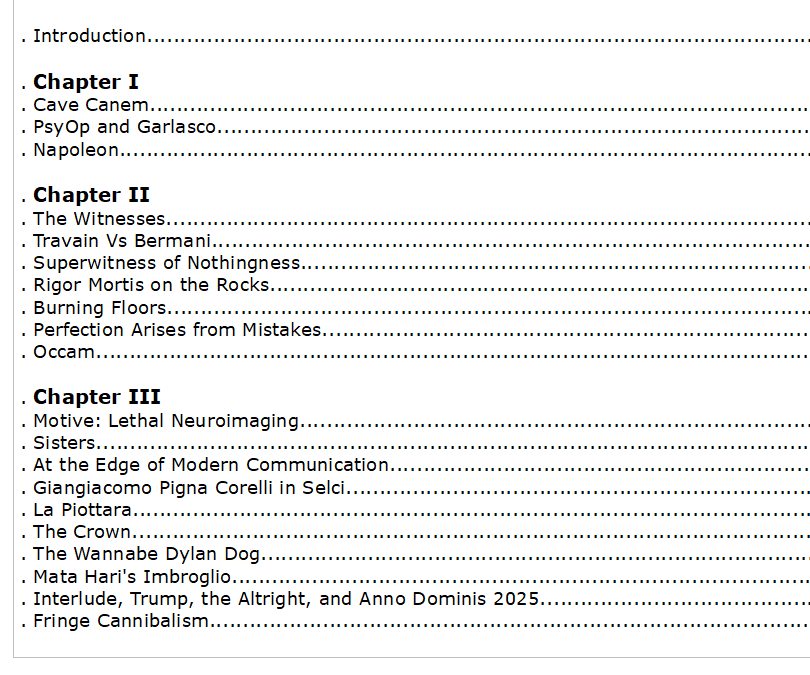
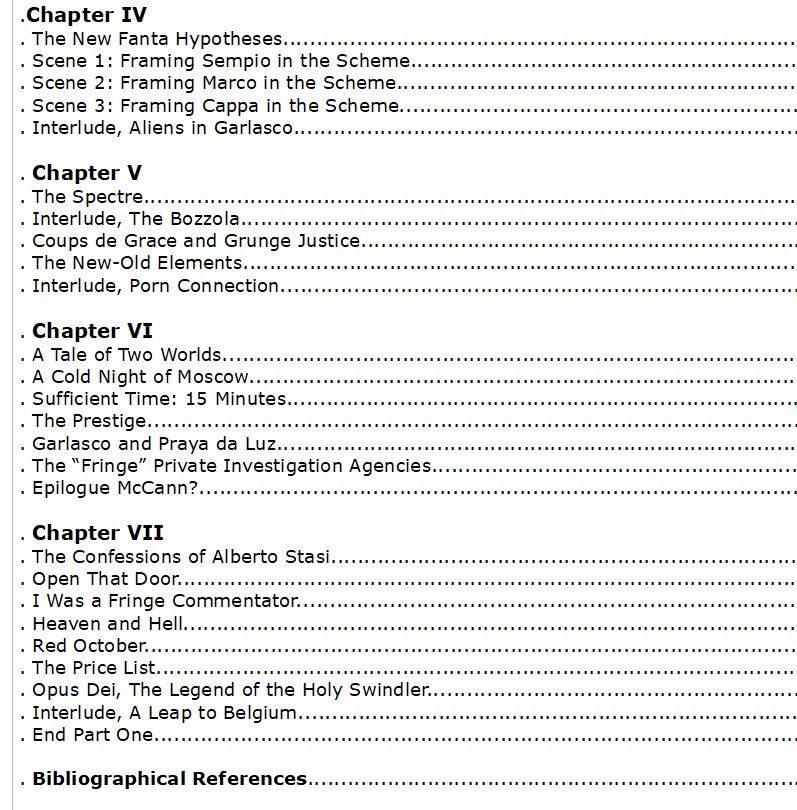
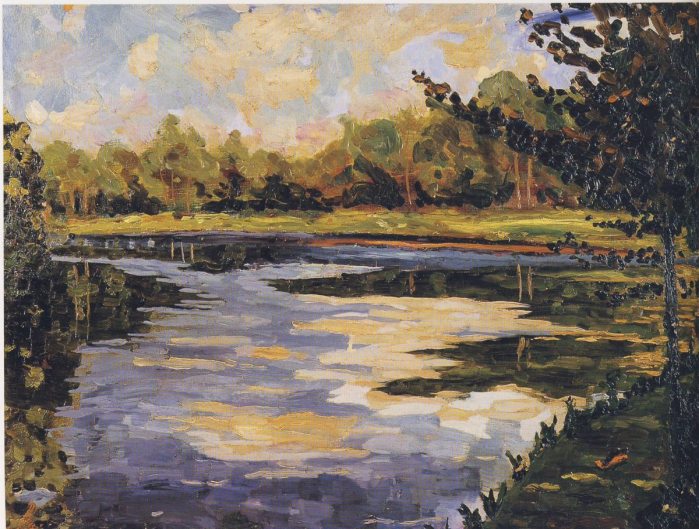
_Paintings of Sir Winston Churchill, courtesy of Chartwell Trust, Kent, England















